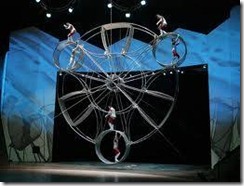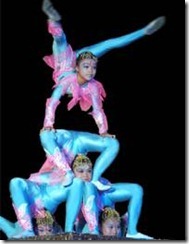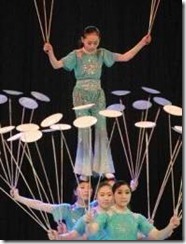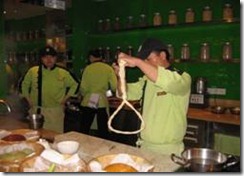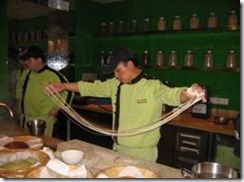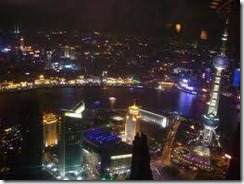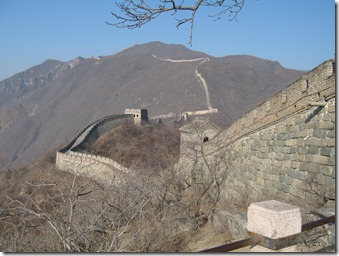Monday begins our regular class day schedule, and we have a long day of varied and rich experiences.
We start with a trip to the U.S. Commercial Service offices for an overview of the Chinese economy and business environment.
The session will put our company speakers and visits in perspective during our stay in China, but knowing people here and about the Service is also a must for anyone wanting to do business of any kind in China. Uncle Sam is active here and ready to provide American businesses with support of all kind – and we want our students to know about those and how to access them! The Bloch Executive MBA is all about networking, knowledge, and empowerment.
We stay at the offices and welcome the head of Capital Eight, a Shanghai-based global investment banking firm specializing in mergers and acquisitions, to update us on financial markets and the banking environment in China.
That’s followed by a quick lunch at a Western-type salad and sandwich shop in the neighborhood – like our Ingredients back in Kansas City – that’s very popular with locals and expats alike. Then it’s back on the bus and out to Boeing Shanghai Aviation Services where we’ll meet with the CFO and tour the facilities. See, we really are studying international management.
With no rest for the jetlagged, we’ll end the night at the Shanghai Circus World, another of the city’s distinctive buildings, after a quick dinner in the neighborhood to see the famed Shanghai acrobats.
Chinese acrobatics has a long history and is an art form of which the Chinese are quite proud. Acrobatics is the collective name for a wide variety of stunts, classical dances, and feats, some of which date back to the variety shows popular during the Han Dynasty in the early 200’s AD.
There will be heavy eyelids in the bus on our way back to the hotel – and it’s only the first day of classes.


